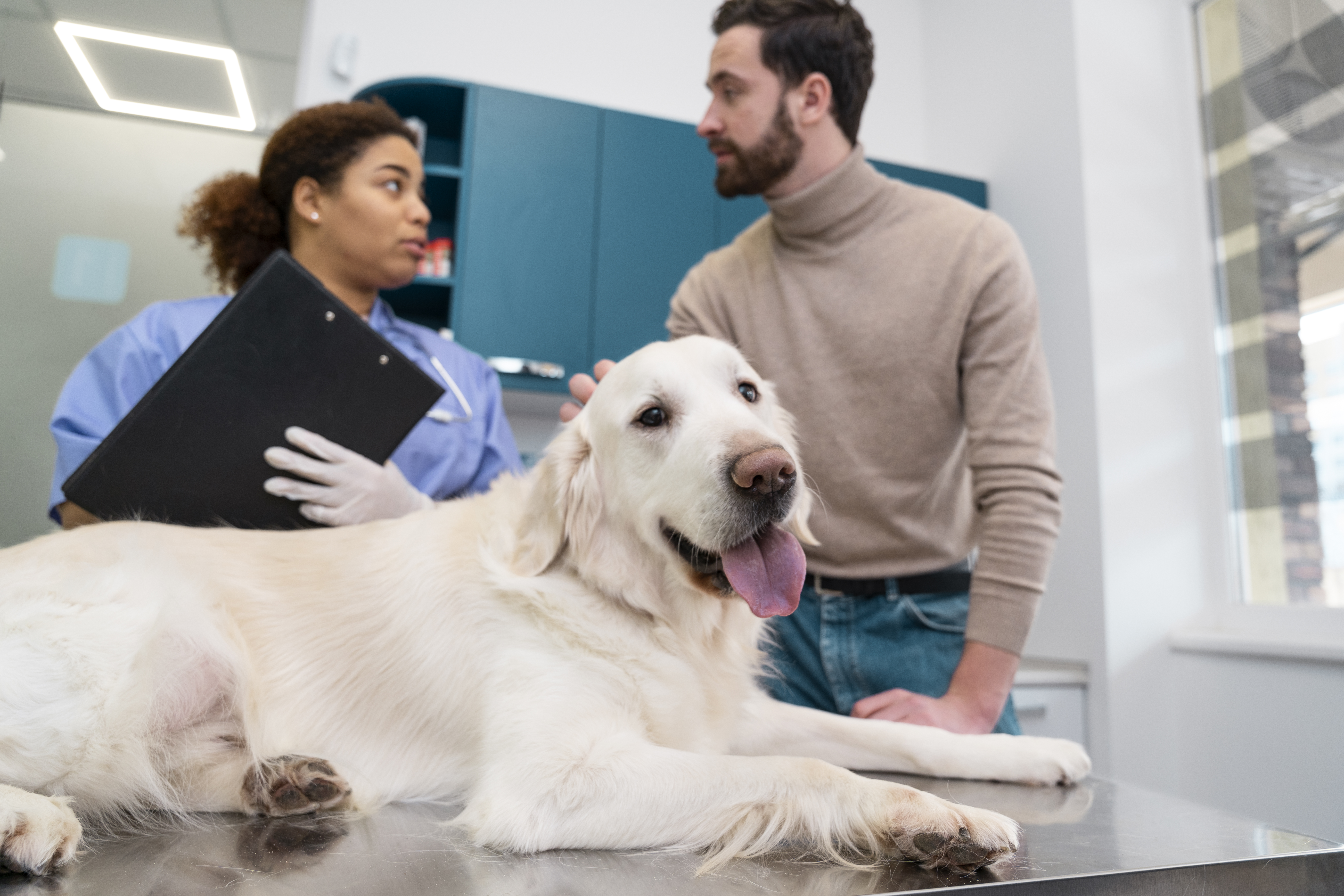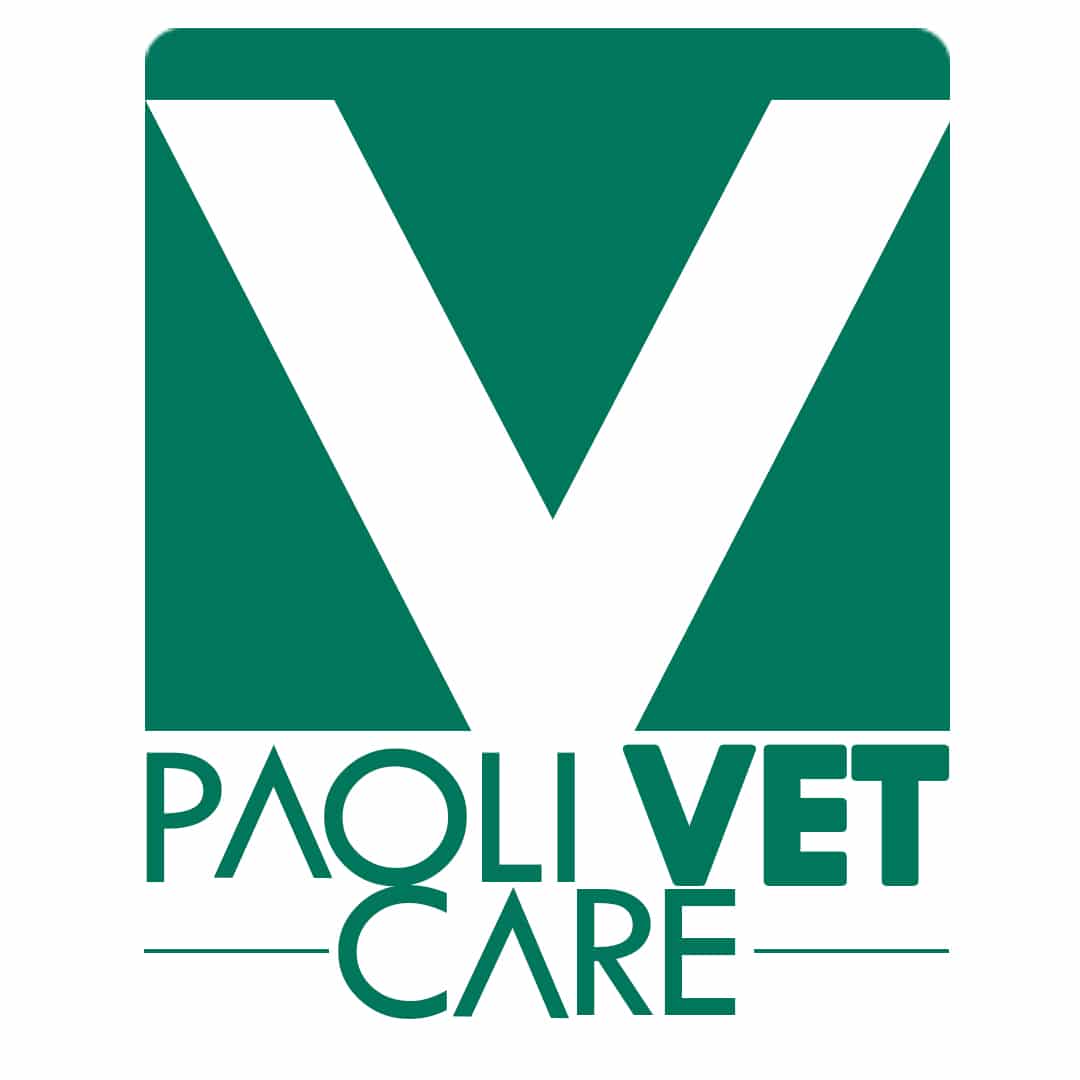Any good pet owner will agree that choosing the right veterinarian is one of the most crucial decisions you’ll make in the health and well-being of your cat or dog. Your trusted veterinarian will become an important partner in the care of your pet, ensuring they live a long, healthy, and happy life.
There are many considerations to make when choosing the right veterinarian, and several warning signs to watch out for as well. Consider the issues that are important to you, such as a clinic’s hours, price, and location, and know your preferences ahead of time when you narrow down your choices. Remember, it’s the health of your pet that matters most.
Here are a few things to watch out for that will help you identify a bad veterinarian.
How to Identify a Bad Veterinarian
Table of Contents
- 1 How to Identify a Bad Veterinarian
- 1.1 Feeling Out of the Loop with Your Vet
- 1.2 Financial Considerations Not Taken into Account
- 1.3 The Need for Fact-Checking
- 1.4 No Respect
- 1.5 Connection and Communication
- 1.6 Dealing with High-Pressure Sales Tactics
- 1.7 Handling Vet Offense When Seeking Second Opinions
- 1.8 There is No Transparency
- 1.9 Availability and Responsiveness
- 1.10 Concerns and Observations are Dismissed
- 1.11 Pet Anxiety During Vet Visits
- 2 How to Report a Bad Veterinarian
- 3 How to Switch Veterinarians
- 4 Conclusion
Feeling Out of the Loop with Your Vet
Specificity is crucial when it comes to the health of your pet, and your veterinarian should be easily transparent about health, costs, tests, medication, and more. If your veterinarian is constantly making diagnostics that you don’t understand, it might be time to switch vets. Good veterinarians want you to be completely involved in your pet’s treatments.
Financial Considerations Not Taken into Account
None of us are made of money, and pet health can be a considerable blow to your budget. This is a valid concern, and conversations about finances and quality of life should be easy for your veterinarian to have. You should be able to freely ask questions and discuss the finances that impact your decisions about treatments, vaccines, and surgeries. New pet parents often underestimate these costs, so it’s important to watch out for veterinarians who might take advantage of you.

The Need for Fact-Checking
Fact-checking is important, and a good veterinarian won’t turn up their nose at you just because you Googled something out of concern. Asking questions about what’s going on with your pet is a sign of a caring pet owner, but if you’re constantly second-guessing after vet visits, you might not fully trust your vet. You should feel confident that you can call or message your vet for the answers you need instead of checking on things behind their back.
No Respect
Many veterinarians might feel that they know your pet’s well-being better than you do, but your vet shouldn’t openly second-guess or disagree with your parenting decisions. Your veterinarian might not agree with some of your choices, but they must extend the requisite respect and help guide you toward what’s best for your pet. Their job is to provide information and guidance, not chastise or belittle you.
Connection and Communication
Connection is an important factor in client/veterinarian relationships, and your veterinarian must be open to transparent communication. Veterinarians are people, and they all have different personalities and communication styles, which means you need to find the doctor that’s right for you and your pet. If you feel like your communication styles clash, or you’re constantly misunderstanding important information, it might be time to switch vets.
Dealing with High-Pressure Sales Tactics
No one wants to deal with the “hard sell” when they’re buying a car, much less dealing with tender pet health issues. Making decisions about the care of your furbaby isn’t easy, especially when your veterinarian is urging you to try procedures or products that you don’t trust. Your veterinarian shouldn’t speak to you like a salesman, and if you leave the office feeling guilty because you didn’t make a purchase, that might be a bad sign. This is doubly true if your veterinarian is already aware of your finances and/or budget issues.
Handling Vet Offense When Seeking Second Opinions
Our pets are valuable members of our family. Anytime a family member isn’t feeling well, it makes us angry, frustrated, and sensitive. If a family member isn’t getting better after months of treatment, anyone will want to get a second opinion. You must widen your perspective when it comes to your dog or cat, and if this makes your veterinarian sensitive, that might be a red flag. Your veterinarian should want the best for your pet, and should become offended because you’re looking out for your furry family member.
There is No Transparency
No vet should hide information from you, especially after diagnostic tests, blood work, and X-rays. Even if you don’t fully understand medical terms and jargon, your veterinarian should be as up-front with you as possible. You have the right to know what’s going on at all times, and your vet should be able to present that info in layman’s terms.
Availability and Responsiveness
Everyone has different schedules and availabilities, and your doctor deserves a healthy work/life balance like the rest of us. But if your veterinarian is consistently poor at returning calls, emails, or texts within what you believe to be a reasonable time frame, that might be a sign. You should feel reassured by your veterinarian’s presence and availability, and know that your pet’s health is a priority. If your veterinarian can’t respect your time, they’re late to appointments without explanation, or their hours are less than desirable, don’t feel bad about looking for a different doctor that meets your needs.
Concerns and Observations are Dismissed
Your veterinarian might have education and experience on their side, but you are the one spending the majority of your time with your pet. You are the one who will notice subtle changes in your pet’s health and behavior, and it’s important that your pet listens to your concerns and takes them seriously. If your veterinarian doesn’t acknowledge your observations, this could be a huge red flag. There’s nothing more painful than an issue going undiagnosed just because the doctor refuses to believe you.
Pet Anxiety During Vet Visits
It’s very important that your pet feels at ease during vet visits. While it’s understandable that your pet might feel nervous about visiting the office, your veterinarian should do everything in their power to assuage your pet’s anxiety. If the doctor can’t or won’t alleviate your pet’s stress, any future visits are only going to get worse. They should offer tips and advice to help calm your pet down, and if they don’t it might be time to consider switching vets.
Too many pet owners report that they’ve had bad veterinarian experiences at some point in their lives. This doesn’t have to be you. Stay aware of the signs, trust your gut, and put your pet’s health first.
How to Report a Bad Veterinarian
Filing a malpractice claim might sound daunting, but there are several ways to hold a veterinarian accountable after they are negligent with your pet. By taking action you can prevent additional harm that might come to other people’s pets in the future.
There are several ways you can report a bad veterinarian. If you can afford to hire an attorney, they can help you file a complaint with the state’s veterinary board. This can be done through the Bureau of Professional and Occupational Affairs, and by filing a complaint an investigation will be carried out by the veterinary board. This investigation could lead to fines, disciplinary action, or even a suspension of license, ensuring they cannot harm any other pets. And even if no disciplinary action is taken, it will remain on record as evidence when future complaints are filed.
Here are some additional methods to get compensation and/or justice after your pet’s injury or death:
- Veterinarian Negligence Claim: In some cases, it’s not malpractice that causes harm, but professional negligence. You can claim damages if the office fails to care for your pet.
- Product Liability Claim: If a necessary medical device leads to injury, you can make a claim against the product manufacturer. If the veterinarian or staff operated this device as instructed and it still led to harm or accident, it’s even more likely that this claim will be successful.
- Letter of Demand: You can file a claim with your veterinarian’s insurance company, allowing you to recover monetary damages without having to file a civil claim.
How to Switch Veterinarians
While switching veterinarians can feel initially nerve-wracking, you’ll thank yourself for trusting your gut and finding a new doctor who makes you comfortable and properly cares for your pet.
Transferring Vet Records
Many pet owners get cold feet here. It’s easy enough to start from scratch with a new vet, but it’s not fair to your dog or cat to leave previous health records behind. Previous records are extremely valuable to your new vet, and will enable them to properly care for your pet.
You can transfer vet records in several different ways. Ask your previous vet to transfer your pet’s health records to your new vet, or contact your new vet’s office and have them send an official medical request for records. Your new vet must receive those records, so go with whatever route works best for you.
It’s key that you remember you don’t owe anyone an explanation. Tread carefully, don’t divulge too much, and make smart choices. If you’re feeling uncomfortable, you can tell your old vet that you’re looking for a different approach to care, or that you’re seeking a veterinarian that’s closer to where you live. Don’t burn bridges if possible so that you can ensure a smooth transition.
Meeting the New Vet
After completing extensive research and choosing a new vet you’re comfortable with, it’s time for a meet and greet. Keep an open mind, refrain from bad-mouthing your previous vet, and put your pet first. Provide details about your cat or dog instead of explaining why you left, and bridge a strong connection that will ensure the best possible care for your pet from this point forward.
Remember, it’s important to take notice of how the new vet and staff treat your pet, answer your questions, and cover your furbaby’s health.
Conclusion
Your pet’s wellbeing and care is what’s most important. Finding a trustworthy and competent veterinarian is essential to the health and longevity of your pet—a great veterinarian can add years of quality life to your beloved cat or dog. Paoli Vetcare has consistently raised the bar for care on the Philadelphia Main Line for over 60 years, and there’s a reason that so many people trust us with their furry family members. Whether you need veterinary care, boarding and daycare services, or access to an online pharmacy, we are here for you. Give us a call today and schedule an appointment; we can’t wait to meet you and your pet!








